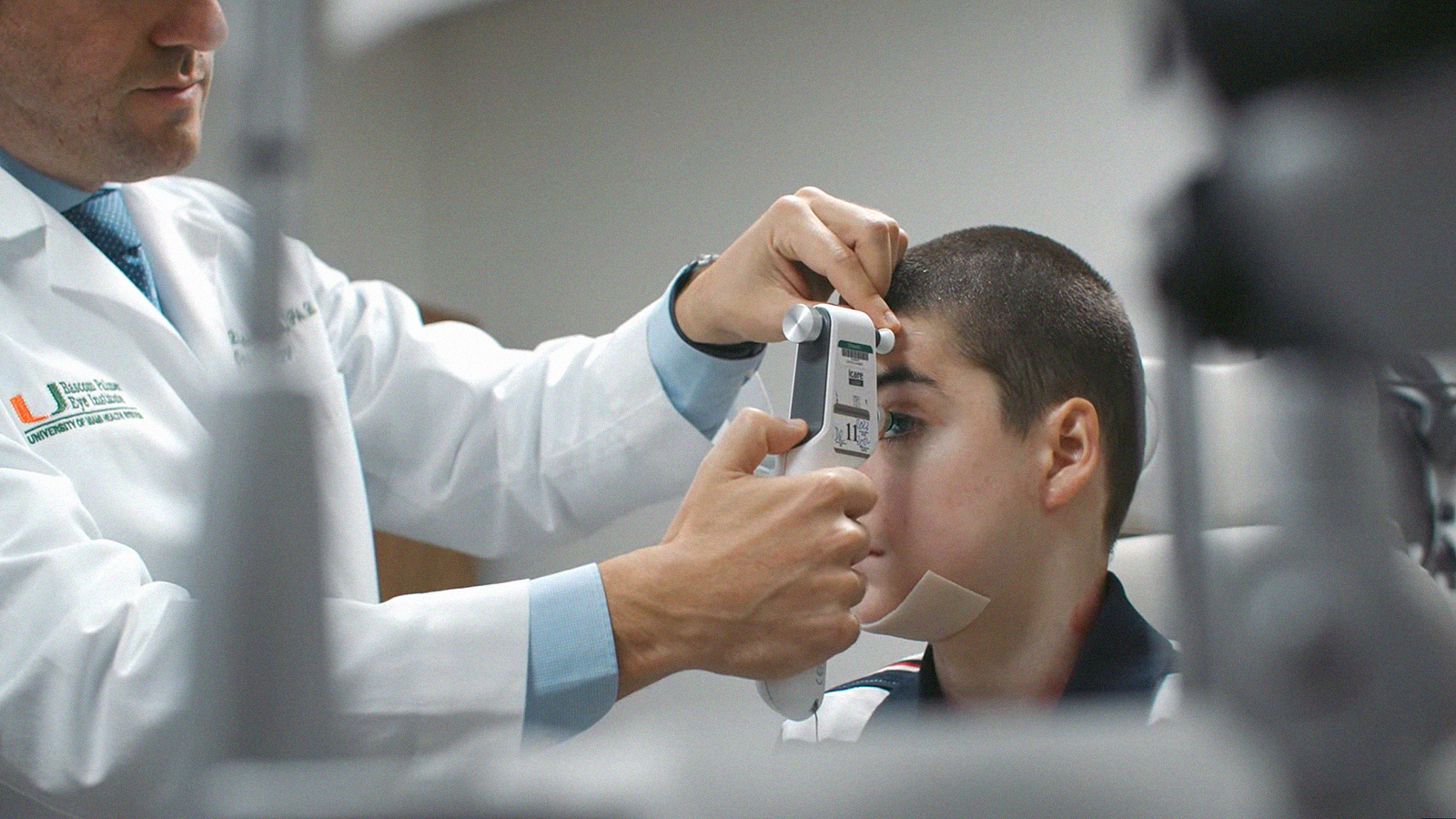Has Gene Therapy Finally Come of Age?

What’s the Latest Development?
Last month, Europe’s Committee for Medicinal Products for Human Use approved the West’s first genetic therapy (such procedures were previously available in China). “The virus-mediated treatment, called Glybera, which is being developed by Amsterdam-based UniQure, introduces a normal version of a gene needed to properly break down fats in the blood. Though the condition is rare, patients with dysfunctional copies of this gene have dramatically increased levels of fat in their blood, which can lead to fatal inflammation of the pancreas.”
What’s the Big Idea?
A number of companies are testing new genetic therapies and their approval by government health bodies signals a long-awaited acceptance after accidents during the 1990s derailed the therapies’ progress. “The basic concept of gene therapy—replacing a defective gene or adding in a functional copy—is straightforward, but the trick is in the delivery. Gene therapies are often carried into a patient’s cells by viruses. … [I]n recent years, researchers have found safer viruses and techniques for getting the replacement genes into a patient’s body.”
Photo credit: Shutterstock.com





